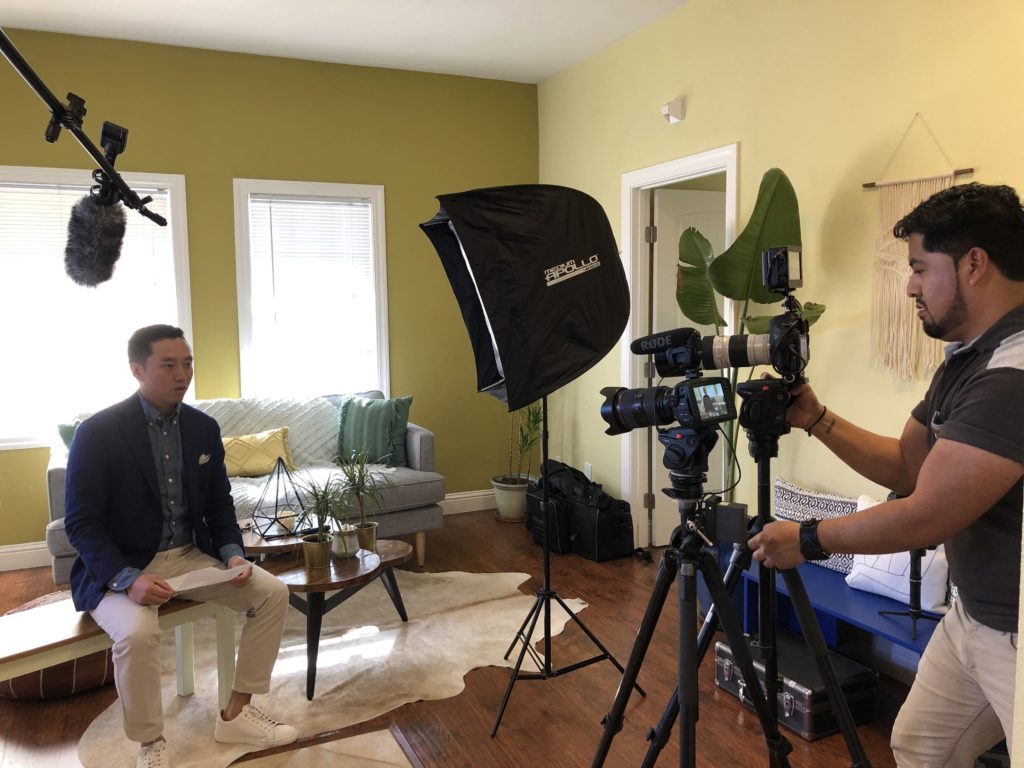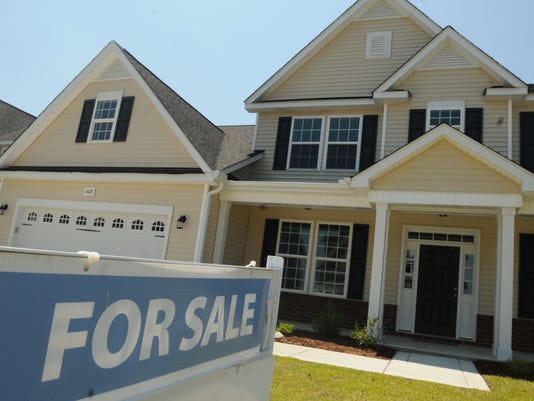Whether it’s a mansion, a condo, a cabin, or a tiny home, people are always going to require short-term rental spaces. With peer-to-peer lodging services such as Airbnb, not only are these accommodations more homely, they are always more affordable than hotels, especially when a person requires a living space for several days or weeks at a stretch.
Since its inception in 2008, Airbnb has grown to include several unique strategies for earning legally on the platform, aside from directly owning property and leasing in the short-term. A relatively new strategy amongst versatile entrepreneurs is the Airbnb rental arbitrage which basically allows people to sublet rented spaces to Airbnb guests.
Essentially, you don’t have to own any property to make money on Airbnb with this strategy. You can list a rented property on the platform and make a solid profit if your earnings cumulatively cover the costs of rent, maintenance, and other business-related fees.
Airbnb arbitrage is a great way to get started in the lodging services industry without any self-owned real estate, but this doesn’t exactly mean it’s a rosy and simple business – if those even exist. There are many factors to consider before delving into the business with this strategy. However, if everything pans out favorably, you could make a net profit of at least $2000 monthly anywhere in the United States – or the economic equivalent in other countries.
Common question – is it legal?
As long as a city does not have restrictions on short-term rentals, Airbnb arbitrage is entirely legal – if the landlord or owner of the property has consented to the idea. They may ask for a percentage of the earnings which should be drafted into a legal contract to prevent conflicts. To play it safe, inquire about the legal regulations for lodging services in your intended city, and even if the direct locale has tight restrictions on this style of renting, there should certainly be another Airbnb-friendly town close by.

However, before connecting with landlords who own property in your chosen areas, you need to conduct a thorough market survey. Your Airbnb rentals should be located in places with a high potential to attract visitors, either for tourism, concerts, or national events and at least enough people to make a minimum of $2,000 per month. Next, you need to scout for properties that can attract guests, based on appearance, architecture, and proximity to essential amenities and fun places.
As explained by Chi Ta, an internationally renowned Airbnb host and a top pioneer in the rental arbitrage business, getting started with re-renting on Airbnb requires a workable plan involving good credit on your part, connecting with a friendly landlord, furnishing the apartment, and listing it out on Airbnb with optimization for visibility.
“With my system, it all starts with researching areas where people are already operating Airbnbs and finding a property that can profit you at least $2k per month after all expenses. As a beginner, you can utilize a software tool such as AirDNA to make this research,” says Chi, the founder of The BNB University, an online educational community for Airbnb rental enthusiasts. “A major stonewall for most re-renting aspirants is figuring out the amount of money to safely invest when starting a winning property. When I first started, it typically cost me between $20,000 to $25,000 to fix just one property which includes the first month’s rent, security deposit, and incredibly sexy furniture. Don’t go with all that Craigslist stuff like everybody is doing and have your listing looking like a garage sale. Go for tasteful furniture, pay attention to detail, and you’d have yourself an actual winning property.”
Set up for success
Chi started his Airbnb rental arbitrage business with one rented apartment, raking in $2,500 in the first two weeks. At the time, the rent on that apartment was $3900 per month, and Chi reasoned that a $5000 monthly profit from Airbnb would cover the rent and leave him with a $1,100 balance, including small maintenance fees. As this sole apartment thrived, Chi started an actual re-renting business on a larger scale and today, he owns 30 properties pulling in at least $2.4 million annually – twenty-eight properties in San Francisco and two in Bali, Indonesia.

With this business, everything banks on transparency, and there’s no sugarcoating the reality. In the beginning, you are going to require some major funds to get any property in desirable form, cover your maintenance and utility costs, and probably optimize your listing for increased visibility.
Also, you need to be unique to stand out amongst other hosts. As Chi says, his attention to detail in design, comfort, and setup has remarkably helped his business to thrive in a vastly competitive market. “I do things differently from others that I know of. When these details are implemented correctly, you earn twice as much as the average host.”
While running an Airbnb arbitrage rental business is relatively straightforward, it’s not as simple as it appears from a distant assessment. Getting a streamlined education on the concept is always recommended. This was Chi’s motivation to set up The BNB University, to provide resources to entrepreneurs looking to tap into the market. Some of these resources include video courses that neatly dissect the business and a private group mentorship that helps individuals build up to three Airbnb locations within 90 days.
“I wanted to share my experience so that when people want to take on the Airbnb journey, it will shorten their learning curve and help them avoid costly mistakes that I made,” he says. “Teaching is exciting for me because I get to go through the growing pains again with my students. I encounter different hurdles that I didn’t have in my market, and I get to solve those hurdles.”




